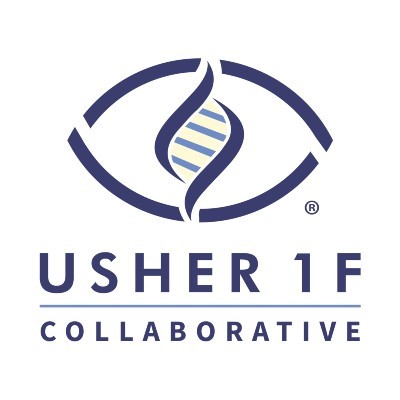This year has been a year of progress for all of us, a year of development of potential treatments reaching the phase of testing in both our zebrafish and mouse models. While we don’t expect to hit the jackpot on round one with a treatment that is ready for human trials, we have made great strides in the right direction. Advancements this year include testing for efficacy of mini genes in our zebrafish and of gene therapy in our mouse model. Further exciting approaches to gene therapy are in development. In addition, we have begun development of a protocol to perform a comprehensive drug screen in our zebrafish. This screen will test a library of 2000 already FDA-approved drugs for efficacy for Usher 1F. We will begin the screen in 2020.
As we develop and test potential therapies with the goal of moving to a clinical trial in humans, we have identified a pressing need for a natural history study, which is a study documenting the natural progression of vision loss in those with Usher 1F. Such a study is essential for future clinical trials as a benchmark against which the effect of potential treatments can be measured to prove efficacy.
While Usher 1F Collaborative grew out of one family’s quest to find a cure for their daughters, now six years later, our Usher 1F family has multiplied many times over. We are a patient-led research network, driven by the work and energy of our many affected families, the stakeholders in this journey. Patients and their families, more than anyone, fully appreciate and experience what it truly means to live with a rare disease like Usher 1F and how it impacts so many lives. Utilizing our combined knowledge, skills, connections, and energy, our network has engaged investigators, raised funds, and driven the direction of the research, focusing on translational research with a goal of moving from lab to the clinic.
With much attention focused on cancer, heart disease, Alzheimer’s, and other diseases that affect large numbers of individuals, obtaining funding and attention for this rare disease remains a challenge. Patient-led research networks such as Usher 1F Collaborative can and are changing the status quo. Philip Reilly notes in his book, Orphan, that “…there are countless mothers who rise each day determined to move mountains.” Please make an end of the year gift to help us move mountains so that all with Usher 1F can see the future, and help us fund these programs critical for Usher 1F research. With your help, we can ensure our progress continues to help us find a cure.

